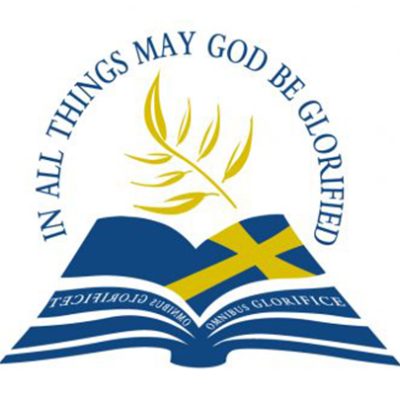
Catholic Social Services Australia says the Albanese Government’s review of policy, funding and governance issues within the tertiary sector must look at student loans and repayment mechanisms, particularly for low-paid and disadvantaged former students.
The review, announced this week by Education Minister Jason Clare, aims to create a “universities accord” which would set the course for the higher education sector for the next decade.
Currently, repayments for four kinds of student loans, HECS-HELP, FEE-HELP, SA-HELP and OS-HELP, are indexed to inflation. As inflation increases, as it has over the past year, the level of the debt, the required repayments and the time it takes to pay off the loan all go up.
With the CPI currently running at 7.3 per cent, this means on the average loan of $23,685 there is an increase of about $2000.
Catholic Social Services Australia chair Francis Sullivan said the system is particularly onerous for former students on low incomes.
“This impacts all sorts of things, including standards of living, disposable income and how much an individual can borrow,” Mr Sullivan said.
“Most students from low-income backgrounds, study part-time and work several low-paid casual jobs. At the same time, they are worried about how ever-increasing student debt will play out in the years ahead.”
Mr Sullivan said the review could consider several reforms to help low paid former students repay loans, including linking increases in the size of student debts to wage movements rather than inflation and incorporating into student loan repayments schemes provisions for students from low socio-economic backgrounds.
FULL STORY
Ballooning HECS debts hit low income and disadvantaged the hardest (CSSA)






